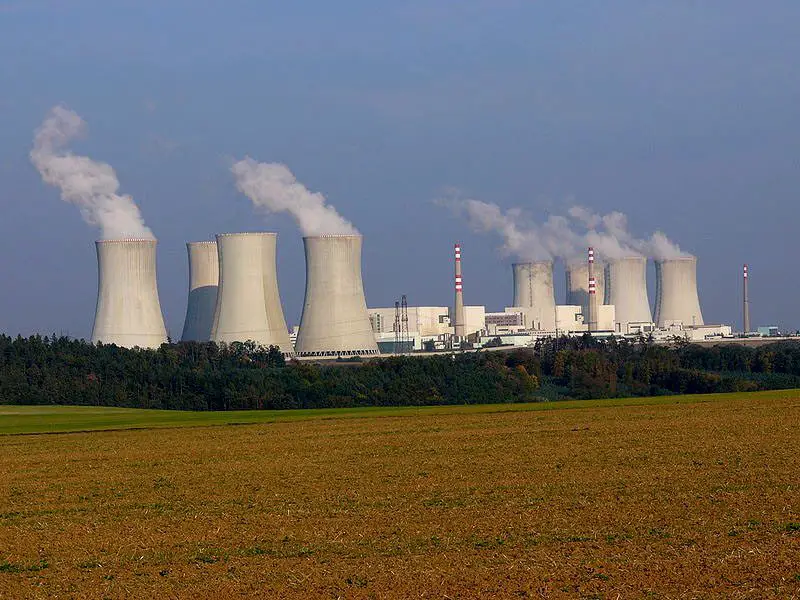Ghana eyes nuclear power to meet demand, World Nuclear Association has revealed. The country becomes among the over 45 countries actively considering embarking on nuclear power programmes.
Ghana is still at the verge of striving to meet the country’s ever increasing power demand for both domestic and industrial use.
Seemingly, State-owned nuclear companies in Russia and China have taken the lead in offering nuclear power plants to the emerging countries, usually with finance and fuel services.
However, Russia’s State Atomic Energy Corporation (ROSATOM), hosts the annual ATOMEXPO International Forum as a major exhibition and business platform for conducting meetings and negotiations between the worldwide leaders of the nuclear power industry.
The four days forum will be held in Moscow with an objective of providing nuclear power industry leaders and the nuclear power engineering sector will be offered with an opportunity to publically define the place and role of nuclear generation in the 21st century energy balance.
The forum will as well promotes the international cooperation between the Russian Federation and countries from Africa, Central and Eastern Europe, Pacific Asia and Latin America in the field of nuclear power. Russia’s proposal on developing national energy programs will also be discussed.
In 2013, Ghana announced plans to build a nuclear plant for power generation. The plant was estimated to take eight years to complete. With the government’s new interest in coal power production, Ghanaian delegation is expected to explore new opportunities in the country’s energy mix particularly the nuclear power generation.
Power generation from thermal and other sources have become unreliable for Ghana to meet its industrial needs. The increasing urbanization is greatly increasing the country’s demand for electricity.
Besides, in reference to the 2015 nuclear power statistics, nuclear energy is gradually growing globally with nearly 10GW of new nuclear capacity supplying electricity. In fact more than double the average capacity have been connected each year in the previous decade.
According to experts, the emerging nuclear energy countries are not expected to contribute very much to the expansion of nuclear capacity in the foreseeable future.

